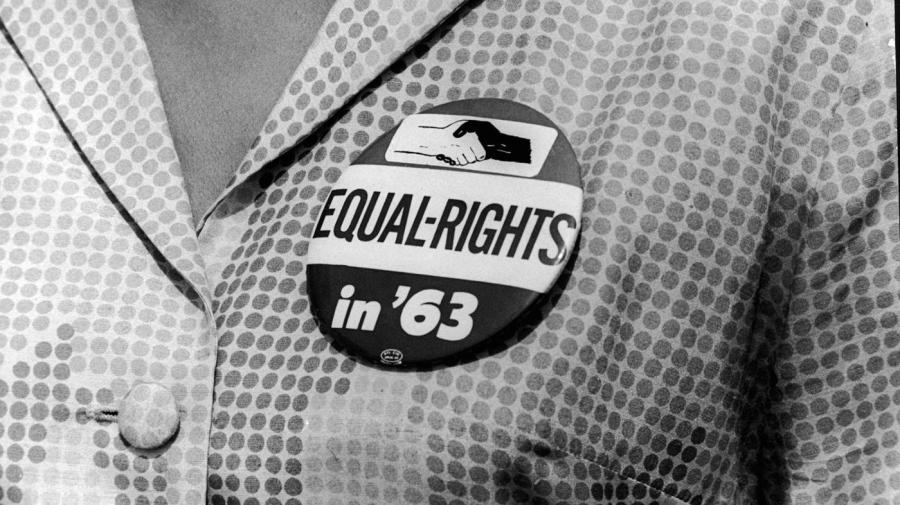What Was Martin Luther King Jr. Famous For?

Dr. Martin Luther King Jr. worked to further the cause of the United States civil rights movement during the 1950s and 1960s. His position of nonviolence advanced the push for equal rights of African Americans.
Education and Early Accomplishments
Dr. King was born into a family of preachers, beginning with the example of his grandfather, who was the pastor at Ebenezer Baptist Church in Atlanta. King grew up to attend Crozer Theological Seminary and Boston College, where he received his doctorate degree in 1955. He married his wife Coretta Scott while in Boston, and the two had four children together.
Father of Civil Rights
The combination of Dr. King’s religious upbringing and education as well as influences from other important religious leaders, notably Mahatma Gandhi, fueled his work on civil rights issues. Never one to sit idly by and watch the degradation of African American people through segregation and disparate inequality, Dr. King ultimately became the face of a peaceful movement to champion civil rights.
Getting to Work
In 1955, Dr. King was recruited to speak as the voice of the Montgomery Bus Boycott, a position that put him at the forefront of the civil rights movement. Throughout the 1950s and 1960s, Dr. King worked tirelessly to rally people around the cause for civil rights. He wrote, spoke and campaigned tirelessly to advocate for equal rights and promote the cause of African American equality in the U.S. Through the years, Dr. King led many nonviolent protests and boycotts in the name of fairness.
Important Works
As a leader in the civil rights movement, Dr. King penned hundreds of letters and speeches. One of his most inspirational letters, “Letter from a Birmingham Jail,” is considered by many to be the manifesto of the African American civil rights movement. Dr. King’s “I Have a Dream” speech is considered by many to be a pinnacle of the civil rights movement and was delivered to a crowd of 250,000 people who had come to protest peacefully during the March on Washington in 1963.
Other Accomplishments
Dr. King’s years of peaceful protest had a profound effect on the state of equal rights in the U.S. Even though he was arrested many times, beaten and harassed, Dr. King remained a strong advocate of nonviolence. His unique perspective and calm demeanor won him respect from those on either side of the issue. In 1963, Dr. King was named Time magazine’s “Man of the Year.” In 1964, at age 35, Dr. King became the youngest person to ever receive the Nobel Prize. He donated all of his winnings to further the cause of the civil rights movement.
Later Work and Assassination
After Congress passed the Voting Rights Act in 1965, Dr. King shifted his efforts to working toward economic justice for African Americans. His work continued to take him throughout the country to speak at rallies and work on union rights for marginalized workers. In 1968, when Dr. King was in town to attend a garbage workers rally in Nashville, Tennessee, he was murdered while on standing his balcony at the Lorraine Hotel.





